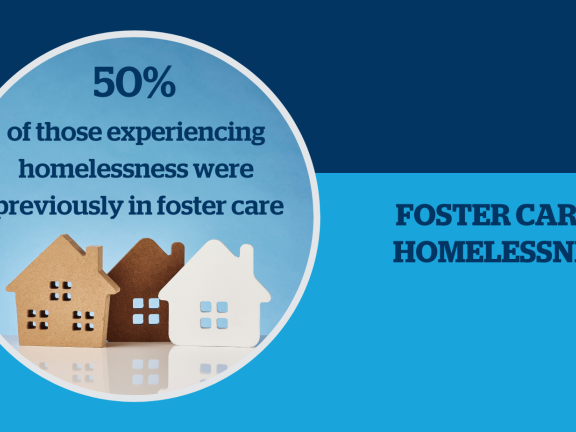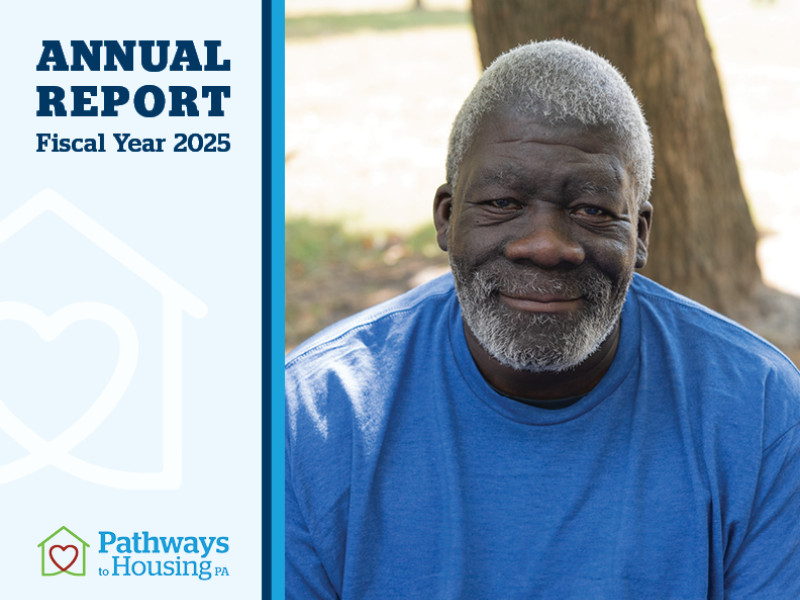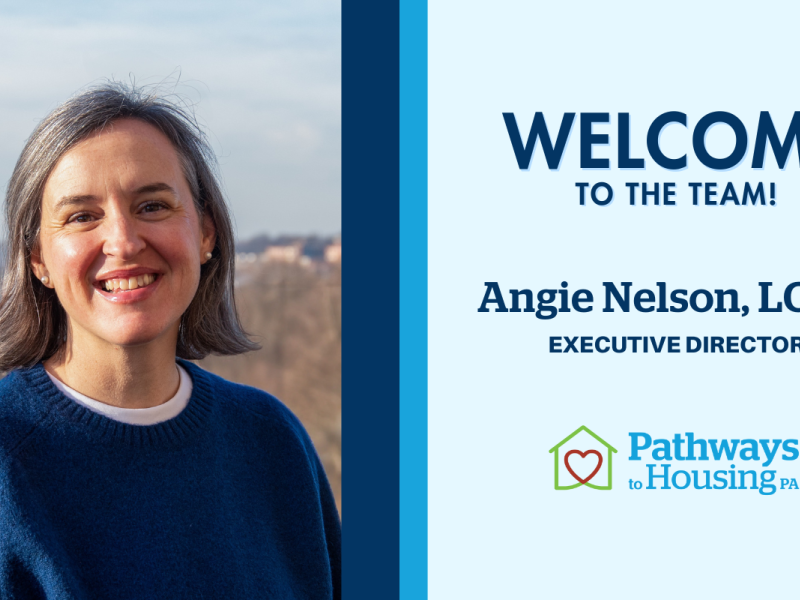Foster Care & Homelessness

There are many contributing factors to homelessness, including intergenerational poverty, unemployment, lack of affordable housing, and systemic racism. However, one of the more significant contributors to homelessness is spending time in the foster care system.
According to Foster Focus Magazine, a history of foster care correlates with becoming homeless at an earlier age and remaining homeless for a longer period of time. The National Foster Youth Institute reports that the child welfare system is sometimes described as a highway to homelessness, with an estimated 20 percent of young adults who are in care becoming homeless the moment they turn 18.
An average of 1 out of every 4 youth in foster care will become homeless within 4 years of aging out of foster care. According to the National Alliance to End Homelessness, each year approximately 550,000 youth without parents/guardians and young adults up to age 24 experience a homelessness episode of longer than one week. More than half are under the age of 18.
Why does foster care so often lead to homelessness? Housing instability has a domino effect and makes it more difficult to complete higher education, maintain stable employment, or manage the stress, trauma, and mental health impacts that go hand-in-hand with homelessness.
Foster youth may remain in care until 21, but many choose emancipation at 18 in order to become independent. With little or no money to support themselves and often with no family members to turn to, many find themselves without a permanent place to live.
Teenagers are typically the hardest foster children to place with a family. The majority of families that seek information on foster care are interested in fostering toward the goal of adoption. Teenagers in foster care are often not looking to be adopted, nor are parents envisioning adding a teenager to their family.
As a result, many teens in foster care are in group homes, emergency shelters, or independent living programs that cut off once they age out. None of those programs help youth to form strong, supportive relationships with caring adults, which means foster teens are aging out without any supports to lean on as they gain their independence.
As we all know, support from your family doesn't end when you turn 18. Many of us rely on our parents to help out with groceries, cover us when we're short on rent, pay our phone bills, or even live at home until we can afford to be on our own. Foster youth don't have that safety net upon aging out, and as a result they are at much higher risk of homelessness.
How can you help? Consider mentoring a teen in foster care through a program like the Amplify Mentor Program. And, of course, by providing supports to those who are experiencing homelessness by donating, volunteering, or purchasing wish list items.


